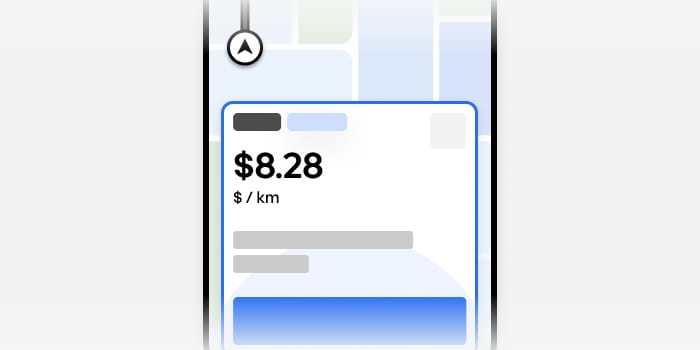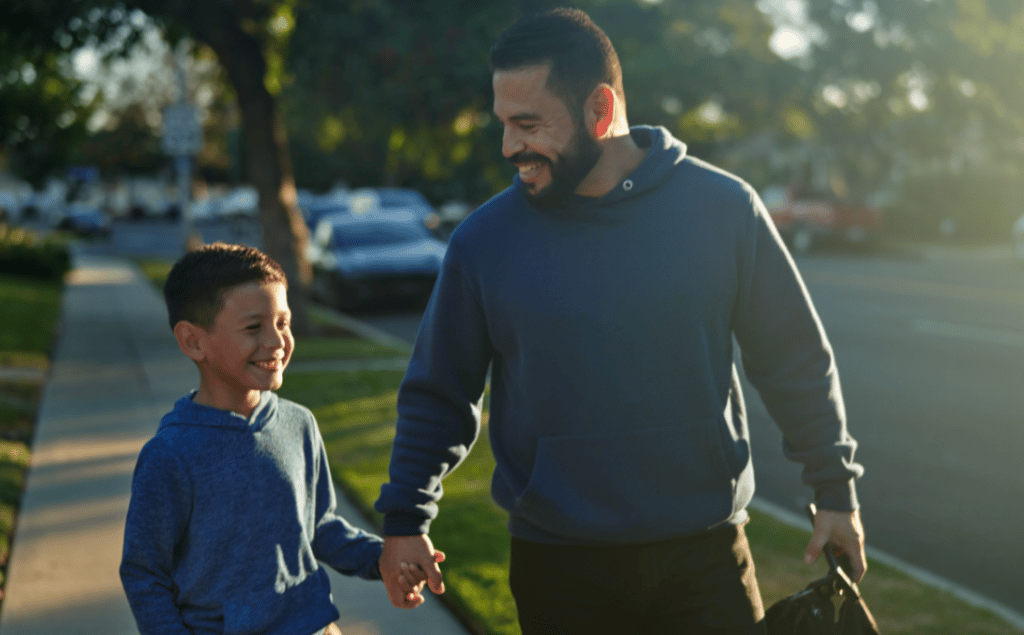
Uber’s Paid Sick Time policy applies to all qualified drivers taking trips in Washington. This blog post describes Uber’s policy and notification of rights under Washington’s House Bill 2076.
Paid sick time in Washington
Under Washington’s House Bill 2076, starting January 1, 2023, you can now accrue and use paid sick time (“PST”) as explained below. You accrue one hour of PST for every 40 hours of passenger platform time. Passenger platform is defined as the period when a rider is in your vehicle. Paid sick time is accrued for all mobility trips within the state of Washington, and only Washington Passenger Platform Time will count towards eligibility. Please note that shared rides will only count once toward your paid sick time accrual. And there is no limit to how much paid sick time you can accrue in a calendar year.
You can redeem your paid sick time in the Uber app in 4-hour increments, up to 8-hours per calendar day.
Eligibility
A driver is entitled to use accrued earned paid sick time upon recording 90 hours of passenger platform time on the transportation network company’s driver platform.1
1Per the Bill, certain exclusions may apply.
Payment of paid sick time hours
Payment of PST hours is calculated using your average hourly compensation. Average hourly compensation means a driver’s total earnings, during Washington passenger platform time during the last 12 full months, divided by the driver’s total hours of Washington passenger platform time during that period. Average hourly compensation does not include tips or expenses.
Claiming and viewing paid sick time
Accrued PST is available for immediate use. You can claim PST, view your PST balance (accrued, available, and used days), and view your current average daily compensation rate (which is used to calculate payments of PST), at any time by clicking here.
Payment for each claim will be processed within 14 days. You may carry over up to 40 hours of PST per year. If a driver carries over unused paid sick time to the following calendar year, accrual of paid sick time in the subsequent year would be in addition to the hours accrued in the previous calendar year and carried over.
Worker coverage
Under the Bill, a driver is entitled to use accrued PST if the driver has performed work using the Uber app, where the work was performed in whole or part in Washington (meaning work that includes a work-related stop in Washington), within 90 calendar days preceding the driver’s request to use PST. A driver is entitled to use PST during a deactivation or other status that prevents work with Uber unless such status is due to a verified allegation of sexual assault or physical assault perpetrated by the driver.
Confidentiality and Nondisclosure
Except as provided below, Uber will maintain the confidentiality of information provided by the driver or others in support of the driver’s request for PST, including but not limited to health information of the driver or the driver’s family member, the fact that the driver or driver’s family member is a victim of domestic violence, sexual assault, or stalking, the fact that the driver requested or obtained paid sick time under the Bill, and any written or oral statement, documentation, record, or corroborating evidence provided by the driver.
- Under the bill, information given by a driver may be disclosed by Uber only if it is:
- Requested or consented to by the driver;
- Ordered by a court or administrative agency; or
- Otherwise required by applicable federal or state law.
Verification request
In the event that a driver uses more than three consecutive days of PST, Uber may require verification that the driver used paid sick time for an authorized purpose covered by the Bill. If Uber requests documentation that accrued PST hours are being used for a reason that is covered by law, the driver is not required to provide documentation explaining the nature of the condition.
Retaliation prohibited
A driver has the right to be protected from retaliation for exercising in good faith the rights protected by House Bill 2076. Uber shall not interfere with, restrain, or deny the exercise of, or the attempt to exercise, any right protected under the Bill. Uber will not adopt or enforce any policy that counts the use of PST as an event that may lead or result in discipline or other adverse action against the driver.
In addition, Uber will not take any adverse action against any person because the driver has exercised in good faith the rights protected under House Bill 2076. Uber will not communicate to a person exercising rights protected under the Bill, directly or indirectly, the willingness of to inform a government worker that the person is not lawfully in the United States, or to report, or to make an implied or express assertion of a willingness to report, suspected citizenship or immigration status of a driver or family member of the driver to a federal, state, or local agency because the driver has exercised a right under the Bill.
Seattle Paid Sick and Safe Time
If you deliver with Uber in Seattle, you may also be eligible to accrue and use Paid Sick and Safe Time (PSST). You can learn more about Seattle PSST by clicking here.
PST Questions
Drivers with questions about PST benefits may reach out to Uber.
Review the policy in a different language:
Posted by Uber
Get a ride when you need one
Start earning in your city
Get a ride when you need one
Start earning in your city
Related articles
Most popular

Automating Efficiency of Go programs with Profile-Guided Optimizations

Piloting estimated earnings per kilometer on trip requests

Get your teen 2 free rides and 2 tickets* to see A MINECRAFT MOVIE



